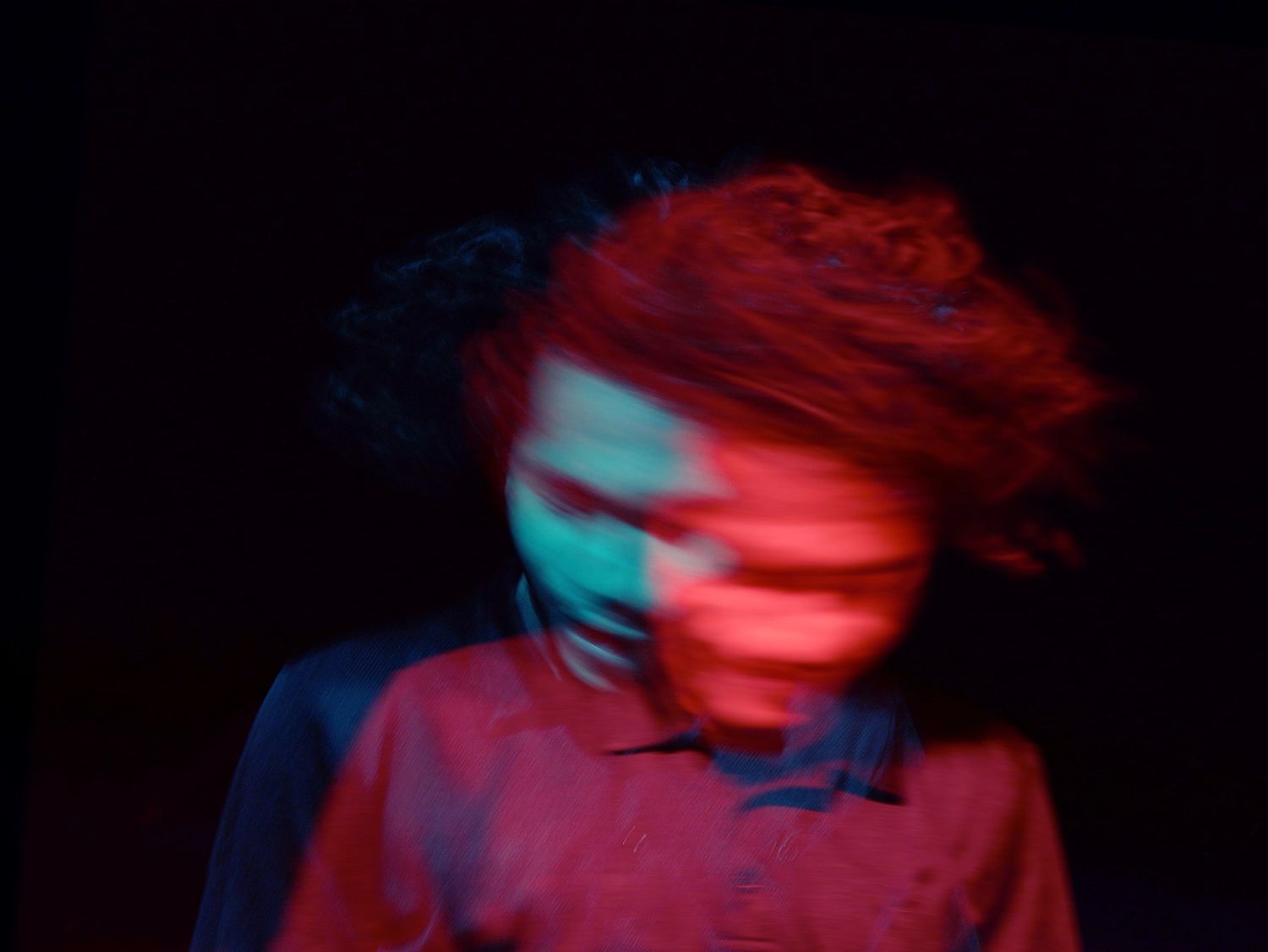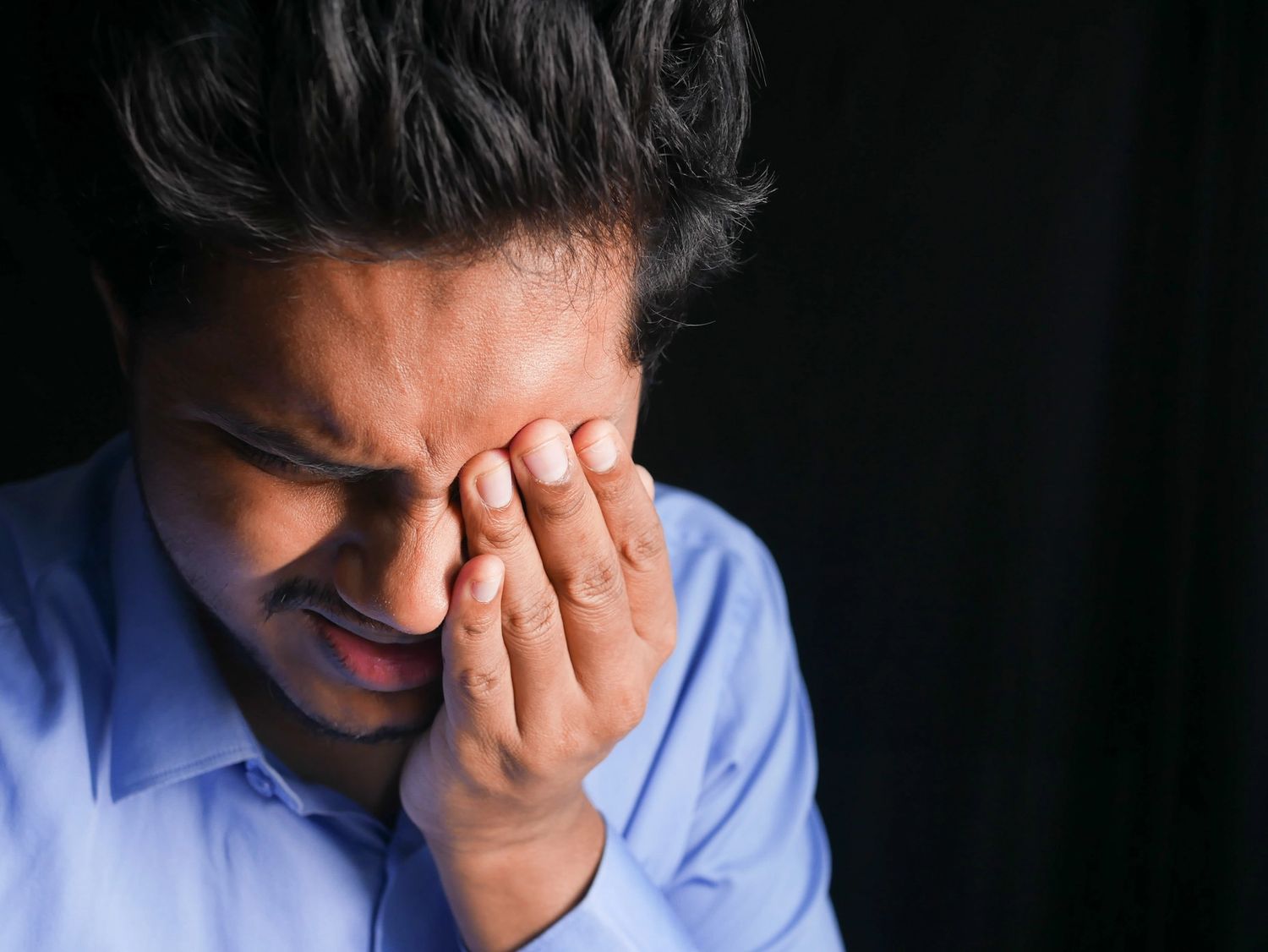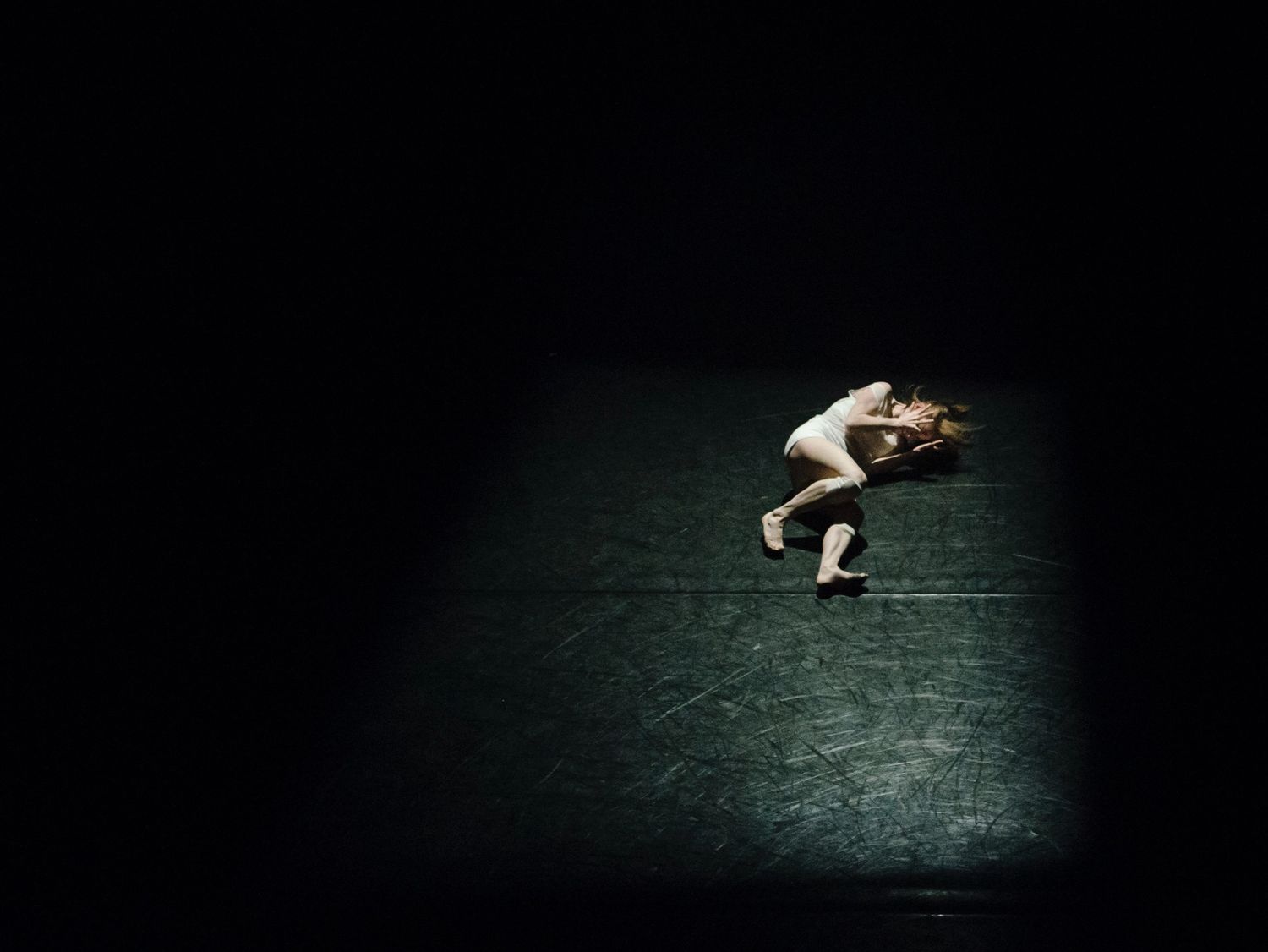Heroin may make a person very sick and nauseous the first time they use it. Vomiting and dizziness are common. Over time, using Heroin has a great impact on the brain, causing the user to crave more of the drug and build up a tolerance. Because it is so addictive, weaning an addict off of the substance and replacing it with another drug is usually the safest way to get them clean and recovered from addiction.
Common indications of Heroin abuse are:
- Feeling guilt or shame
- Anxiety
- Depression
- Low mood/feeling despair
- Lack of judgement
- Poor co-ordination
- Confusion and poor motor function
- Sudden weight loss
- Runny nose and eyes
- Constipation
- Bruised/cut skin
- Insomnia
- Feeling tired and lethargic
- Liver and kidney damage
- Pneumonia

Those struggling with Heroin addiction generally feel lethargic and tired, with feelings of loss and despair. Psychological problems associated with Heroin addiction can cause a person to struggle in their performance at work or in education. They may also display secretive behaviour and become aggressive if the subject of drugs is approached, wear long-sleeved clothing to conceal their arms (where they have been injecting), or lie and demonstrate general secrecy on their whereabouts and drug-taking.
Warning signs of Heroin addiction include:
- Bloodshot eyes with constricted pupils
- Sudden weight loss that is unexplained
- Changes in physical appearance
- Feeling unmotivated and unenthusiastic
- Lack of interest in social and work life
- Sleepiness and fatigue
- Secrecy
- Financial problems/asking for money to buy Heroin

A person can very quickly build up a tolerance to Heroin, to the point where they require larger amounts of it to experience its relaxing effects. As with other opiates, Heroin addiction is very difficult to overcome and requires determination on the part of the addict in order to be successful. Withdrawal symptoms vary from person to person depending on the severity of their addiction, their general health, how frequently they take Heroin, and their method of taking it.
An addict who suddenly stops taking Heroin can experience unpleasant withdrawal symptoms, including:
- Sickness and nausea
- Muscular cramps
- Extreme cravings
- Digestive issues
- Headaches
- Pain in the joints and muscles
- Anxiety and paranoia
- Depression and suicidal thoughts

A Heroin addiction can take a devastating toll on a person and their loved ones. There are a number of ways to support a suspected Heroin addict.
The first step is to let them know that you are there for them. Help the addict to acknowledge that they have a drug problem. If you are a loved one with a Heroin addict in your family or circle of friends, educate yourself as much as you can about Heroin and how addictive it is. Try to understand the stages of addiction that they are experiencing, and their feelings when they take it and when they experience withdrawal. When you talk to them about their addiction, demonstrate your knowledge to better relate to the addict’s behaviour and symptoms. If you cannot get an addict to a rehabilitation centre of their own will, it may be worth staging an intervention and speaking to a doctor or therapy centre such as East Coast Recovery, where you can receive help and advice on how to stage a successful intervention with the help of the user’s other family and friends.

